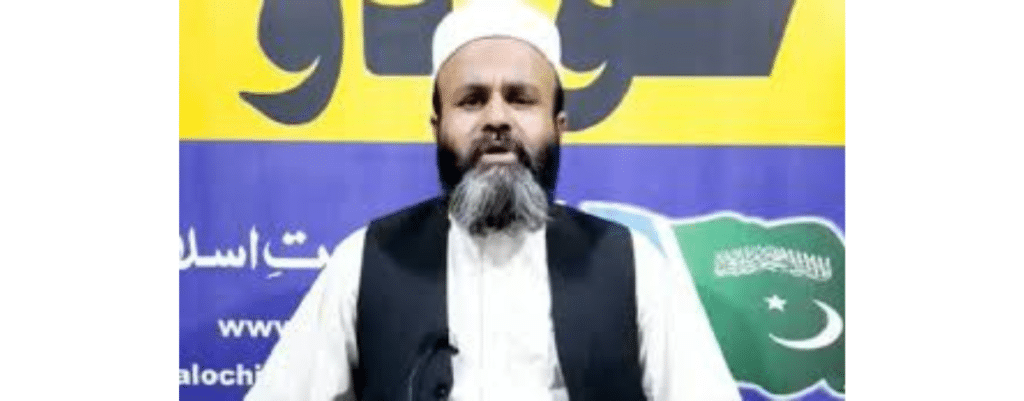QUETTA: Maulana Hidayat-ur-Rehman Baloch, Ameer of Jamaat-e-Islami Balochistan, has launched a scathing critique against the federal and provincial governments, stating that relentless inflation has “broken the backs of the poor.” He asserted that the people’s fundamental rights are being systematically denied.
Speaking to delegations in Lahore, the MPA condemned the daily increases in the prices of essential utilities like gas, electricity, and petroleum products, which he attributed to funding the “lavish spending” of the rulers. He connected this economic hardship to a broader landscape of rising unemployment, corruption, and lawlessness, which he claimed are being ignored by those in power.
“The rulers do not consider our people as human beings and this is the biggest injustice,” Baloch stated. He forcefully declared that the rights of Balochistan are not a charity but a birthright, vowing to reclaim them through “hard work, democratic protests, our voice and our determination.” He proclaimed that the people of Balochistan, long silent, are now alive and will no longer be ignored.
The JI leader alleged widespread, systemic corruption, accusing “mafias” controlling essential goods and a “gangster tax” of operating with impunity. He claimed that corrupt elements are looting every government department and development project with the cooperation of state institutions and powerful forces. This corruption, he argued, has closed the doors of education and healthcare to the poor and sidelined genuine public representatives.
Positioning his party as the alternative, Maulana Hidayat-ur-Rehman stated that only Jamaat-e-Islami is engaged in principled politics to sincerely solve public problems. He expressed confidence that a change in the system led by good and honest people would bring real public change, despite the path being blocked by what he called a coalition of looters.
Meanwhile a major financial scandal involving irregularities worth over Rs 1.8 billion has been unearthed within the Balochistan Revenue Department for the financial year 2022-23, according to an official audit report. The findings point to widespread financial mismanagement and potential corruption in the department responsible for managing public funds.





